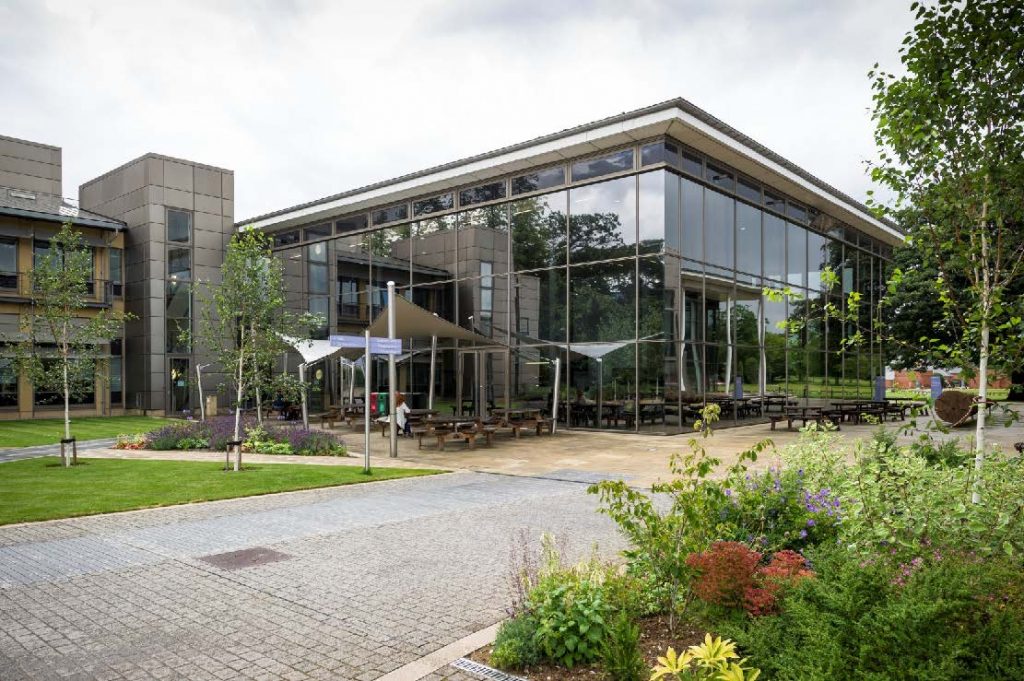Hi All
I’d just like to highlight a job we are advertising, to lead the bioinformatic (sequence+variation) analysis of 100,000 M tuberculosis genomes which we are sequencing (WGS), ~50,000 of which will be phenotyped for 12 drugs, and the remainder for some subset. Note the deadline is very soon – Monday 6th March!
This project is run by a global consortium (http://modmedmicro.nsms.ox.ac.uk/cryptic/) including CDC Atlanta, CDC China, Oxford, Germany, Peru, Vietnam, and many others, funded by the Gates Foundation and Wellcome Trust/Newton Fund. The goal is to produce a better catalog of drug resistance mutations than the one we have now, in order to enable WGS for clinical application. All sequence and phenotypes will be placed in the public domain.
The job description is here
with a link to a fuller specification. Basically the job is to work with me on the variation/genome analysis of these 100k genomes; our immediate “customers” would be the statistics, GWAS and machine learning teams primarily at Oxford. In addition, you would get to work with the other half of my team, working on public TB “graph genome” database. Here’s a video of a precursor:
This is an unusual bioinformatician role where there is a clear and direct route from the work done to concretely improving human health. The UK has already moved to sequencing by default when faced with potential TB patients, and our software is already embedded in that pipeline. The learnings from this project could go on to make a direct impact on clinical care across the world.
The job is based at the European Bioinformatics Institute, just outside Cambridge, UK, although he employer is Oxford University. Here’s a picture of the campus:

and here from further away

Recent work that is related from our group includes
– sequencing Mtb from liquid culture (https://www.ncbi.nlm.nih.gov/pubmed/25631807)
– applying the above prospectively in a public health lab (https://www.ncbi.nlm.nih.gov/pubmed/26669893)
– Rapid and automated antibiotic resistance prediction for Staph and TB (http://www.nature.com/ncomms/2015/151221/ncomms10063/full/ncomms10063.html)
– Same-day WGS of Mtb direct from sputum without culture, using lllumina and Nanopore (http://biorxiv.org/content/early/2016/12/16/094789 )
